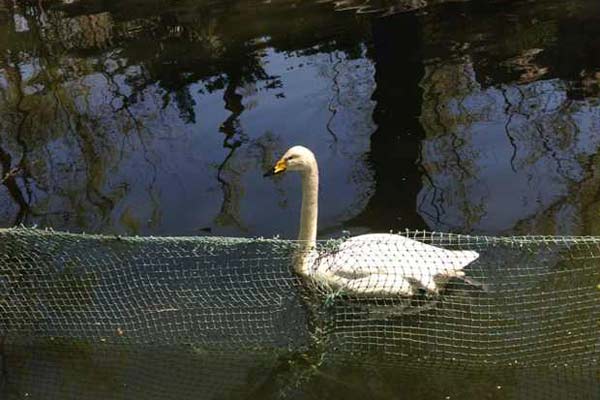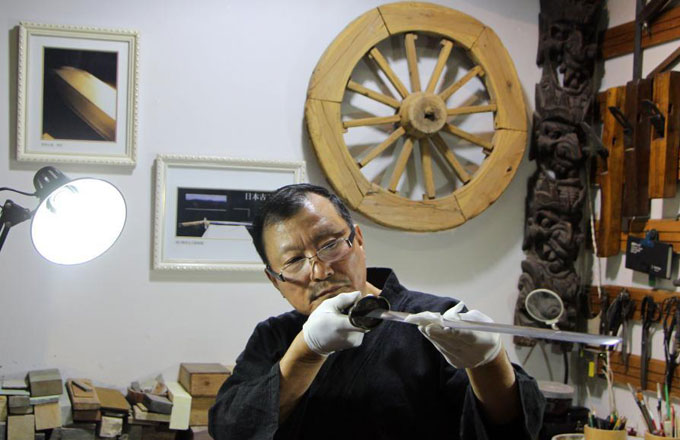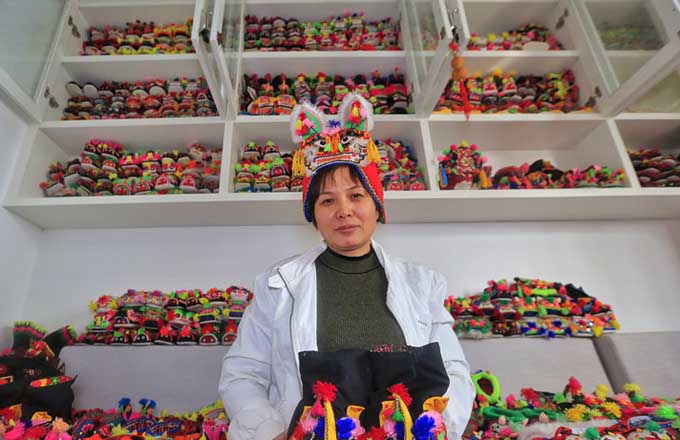Zoo steps up disinfection efforts
|
 |
|
A swan swims in a waterfowl pond within a protective wire fence at the Beijing Zoo on Thursday. ZHENG XIN / CHINA DAILY |
Workers at Beijing Zoo have stepped up sterilization and supervision of the waterfowl area since the H7N9 bird flu outbreak.
A 200-meter-long wire fence has been placed around the waterfowl pond to stop the birds coming into contact with wild birds and people.
Besides regular monitoring of animals' health and reporting suspicious cases to the city's veterinary laboratory, the zoo also collects feces and blood samples from animals once a week and sends them to be analyzed by the laboratory for possible infection, said Yao Jiezhang from the emergency department at Beijing's agriculture bureau.
|
 |
So far, the H7N9 virus has not been detected in samples taken from the zoo, Yao said.
Beijing's Disease Control and Prevention Center suggests people should limit unnecessary contact with wild birds and avoid entering their habitat.
The birds at the zoo are not yet completely isolated from wild birds, which occasionally come into contact with birds at the waterfowl pond.
The wire fence that prevents visitors coming into close contact with the birds has not dampened public enthusiasm for the zoo.
Good weather on Thursday attracted dozens of people to the zoo.
"I don't find it unsafe to just have a look from far away, even without the wire fence, as long as you do not get too close. The fence does make people feel more assured," said Yuan Hongwei, 64, a Beijing resident who often visits the zoo to take pictures of the birds.
Not everyone agreed.
"It's always better to be cautious than not," said Huang Lin, a 26-year-old accountant.
BirdWatch China suggests visitors avoid getting too close to birds and touching them.
"Bird watchers should keep a distance from the birds to take pictures and report any dead birds they find to the staff," said Guan Xueyan, director of the organization.
Across the nation, zoos are taking measures to further protect visitors.
Suzhou Zoo, in Jiangsu province, has started feeding its parrots, pheasants, peacocks, ducks, swans and other birds the herb Radix isatidis, which reportedly stops the virus from spreading.
Shanghai Zoo is increasing patrols and disinfecting measures around its swan lake, bird enclosures and gardens.
Wang Qingyun contributed to this story.
























